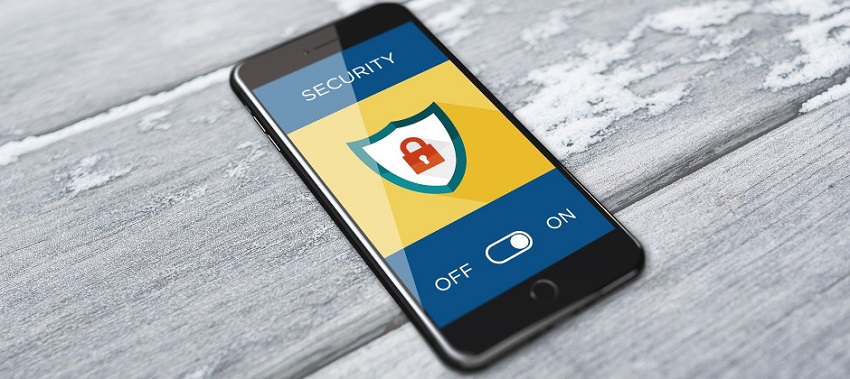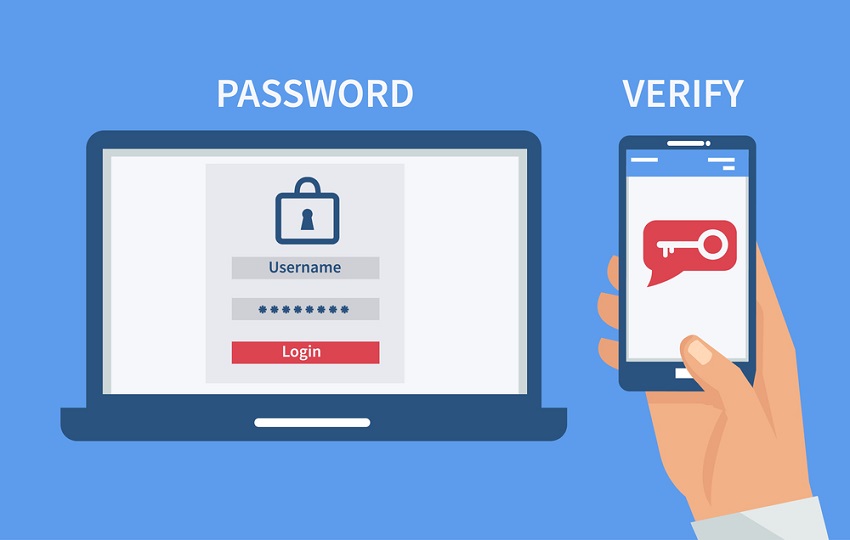
25 Jul What are 4 Ways to Stay Safe Online?
In today’s digital age, staying safe online is of paramount importance. With the ever-increasing reliance on the internet for various activities, it’s essential to be aware of potential risks and take necessary precautions to protect ourselves and our personal information. In this article, we will explore four effective ways to stay safe online. The content is developed by internetdiscada.com
Keep Your Software Up-to-Date
One of the fundamental steps in ensuring online safety is to keep all your software, including operating systems, web browsers, and applications, up-to-date. Software updates often include security patches that address vulnerabilities and weaknesses that hackers and cybercriminals could exploit. Ignoring updates may expose your device to potential threats, making it easier for malicious actors to access sensitive data.
Create Strong and Unique Passwords
A critical aspect of online safety is using strong and unique passwords for all your accounts. Avoid using easily guessable passwords like “123456” or “password.” Instead, opt for complex combinations of letters, numbers, and special characters. Additionally, use different passwords for each account to prevent a domino effect if one account is compromised. Consider using a reputable password manager to keep track of your passwords securely. Discover the internet safety tips for kids.
Be Cautious with Phishing Attempts
Phishing is a common tactic used by cybercriminals to trick individuals into revealing their personal information. Be cautious of unsolicited emails, messages, or phone calls asking for sensitive data or urging you to click on suspicious links. Legitimate companies will never request sensitive information via email. Verify the sender’s identity before providing any personal details.
Use Two-Factor Authentication (2FA)
Two-factor authentication adds an extra layer of security to your online accounts. With 2FA, you need to provide a second form of verification, such as a one-time code sent to your phone, in addition to your password. This ensures that even if your password is compromised, unauthorized access is still prevented. Enable 2FA on all accounts that offer this feature to bolster your online security.
In conclusion, safeguarding your online presence is essential in today’s digital landscape. By following these four crucial steps – keeping your software updated, using strong and unique passwords, being cautious with phishing attempts, and enabling two-factor authentication – you can significantly reduce the risk of falling victim to cyber threats.
FAQs (Frequently Asked Questions)
FAQ 1: Why is online safety important?
Online safety is essential because the internet has potential risks and threats. Personal information could be exposed without proper precautions, leading to identity theft, financial fraud, and other cybercrimes.
FAQ 2: Can’t I use the same password for multiple accounts?
Using the same password for multiple accounts is highly discouraged. If one account is compromised, it puts all your other accounts at risk. It’s best to use unique passwords for each account.
FAQ 3: How do I know if an email is a phishing attempt?
Phishing emails often include suspicious links or request personal information. Look out for the email’s poor grammar and spelling errors, and avoid clicking on any links until you verify the sender’s identity.
FAQ 4: Is two-factor authentication necessary?
While it’s not mandatory, two-factor authentication provides additional security for your online accounts. It’s a highly recommended practice to enhance your overall online safety.
FAQ 5: Can I completely eliminate all online risks?
While it’s challenging to eliminate all online risks, following best practices and security measures can significantly reduce your vulnerability to cyber threats. Being proactive about online safety is the key to a secure digital experience.


No Comments